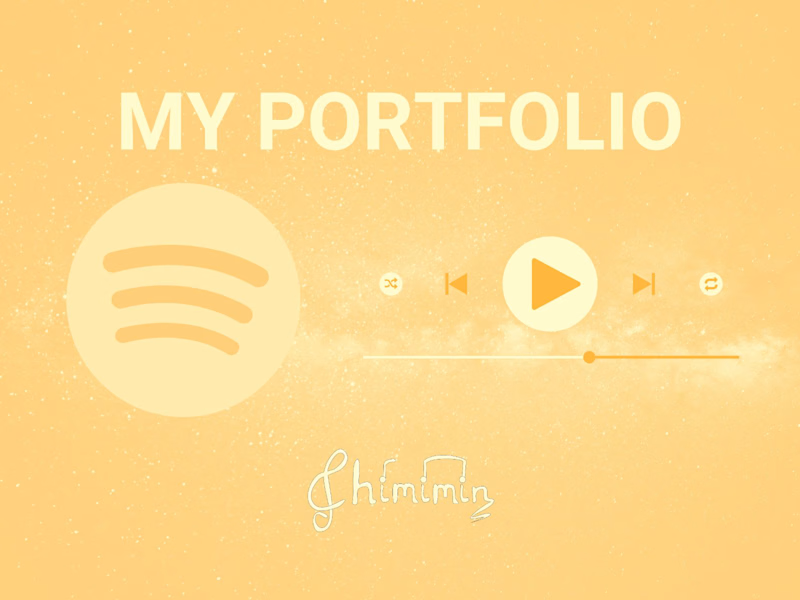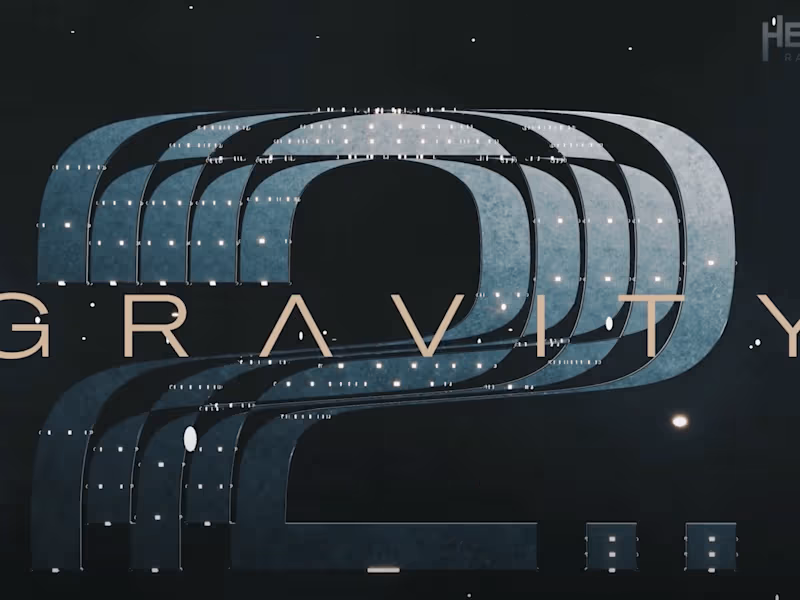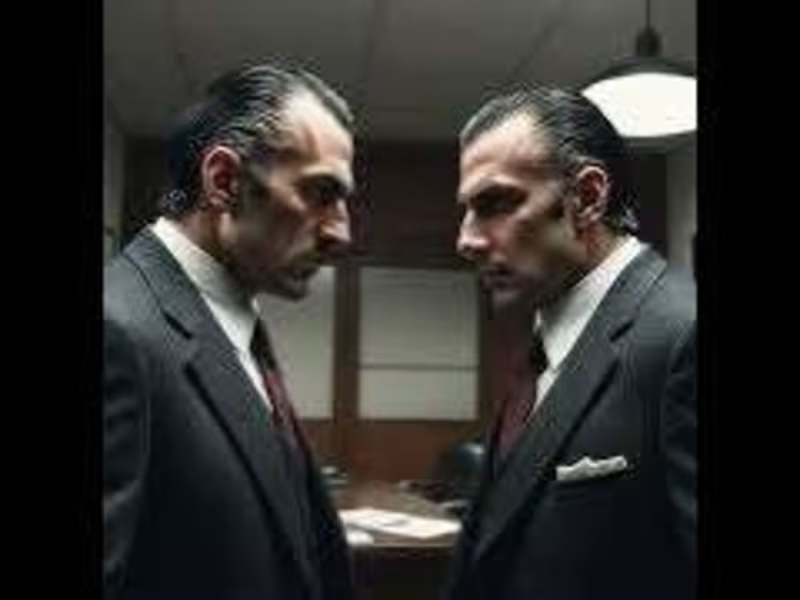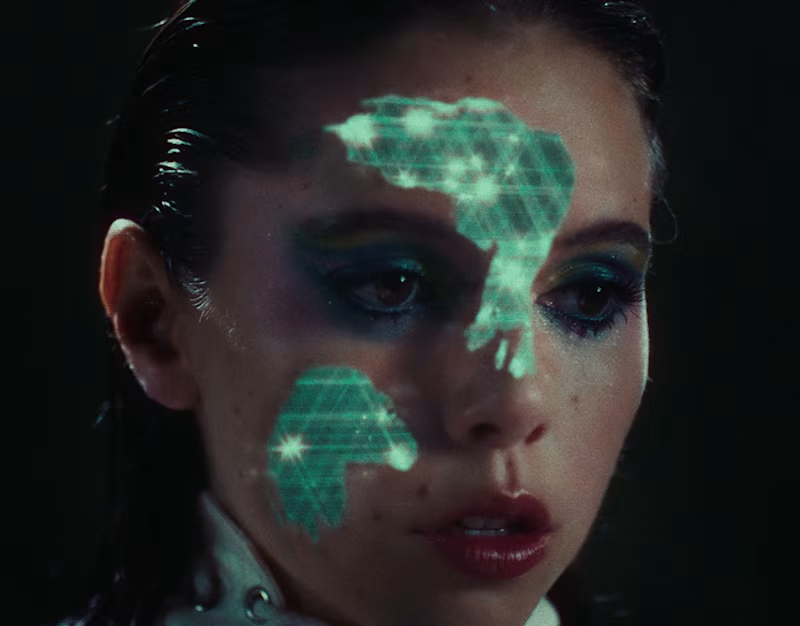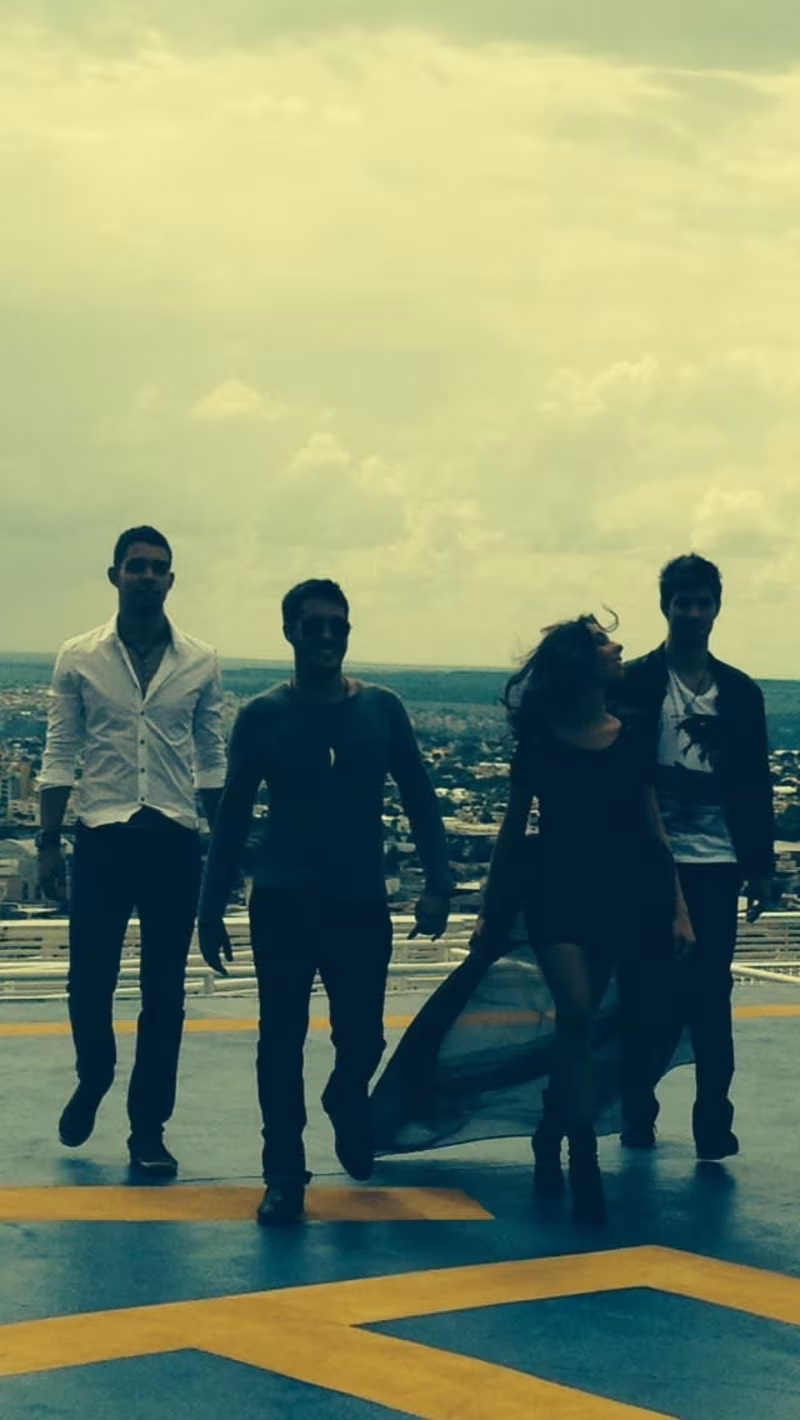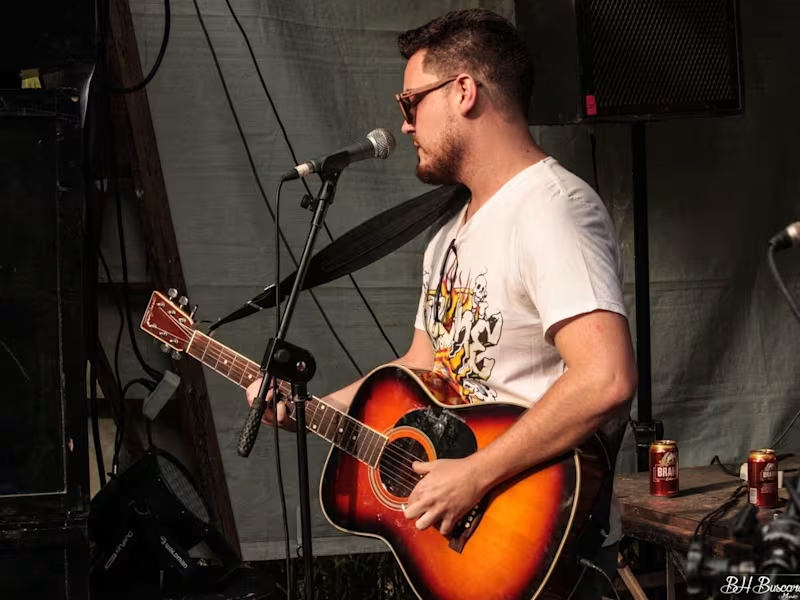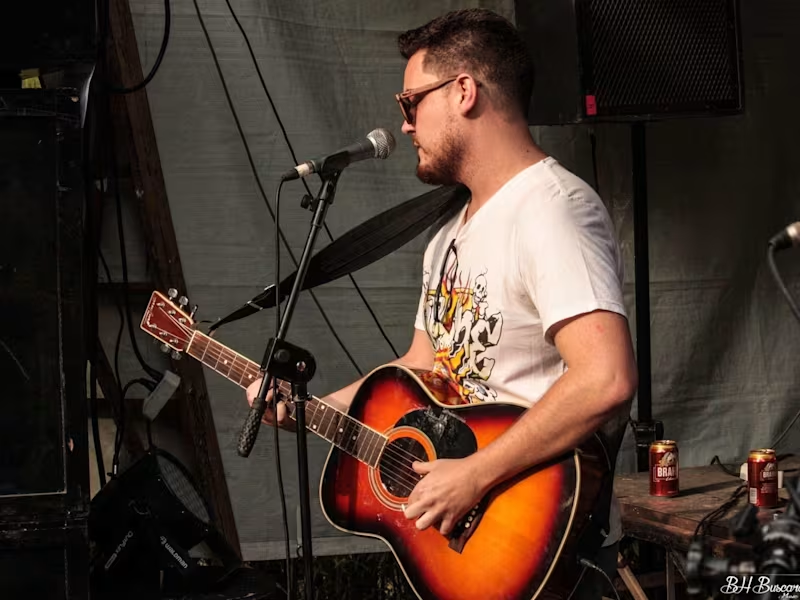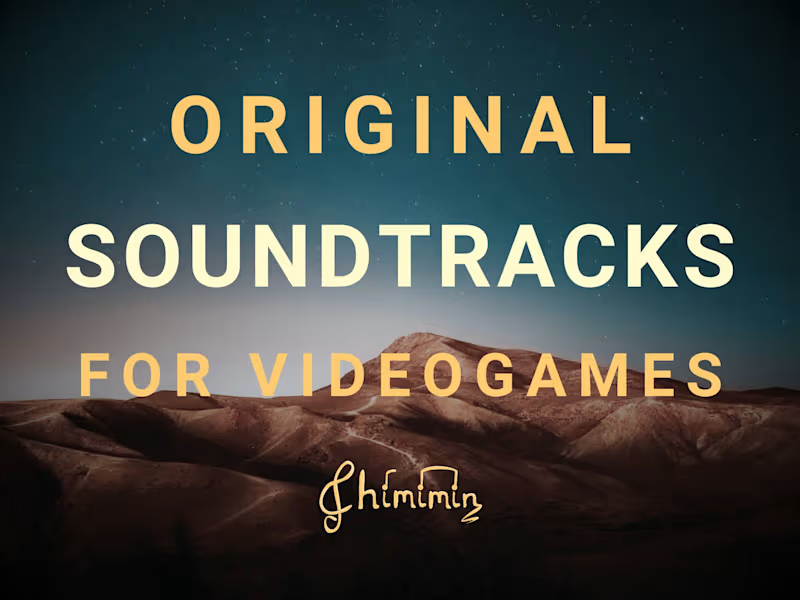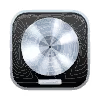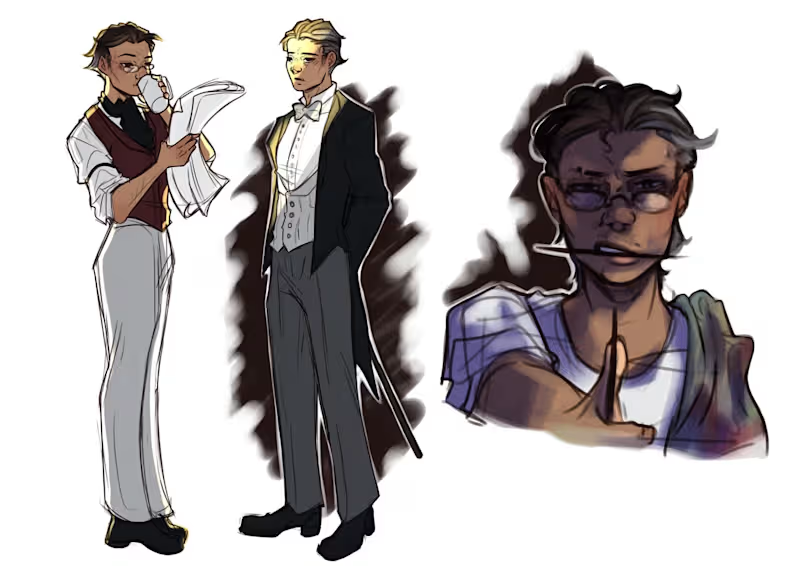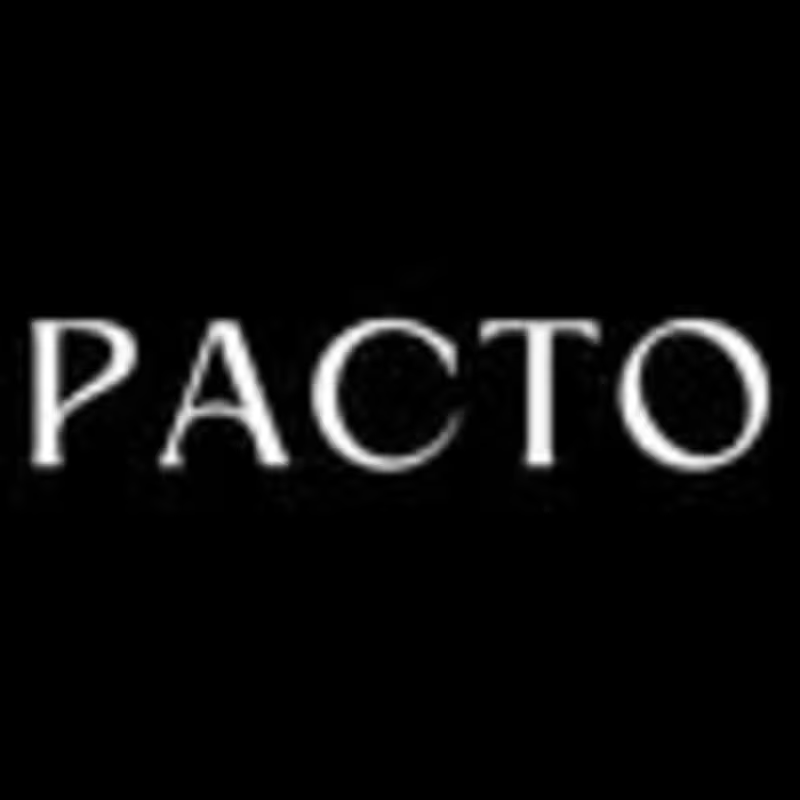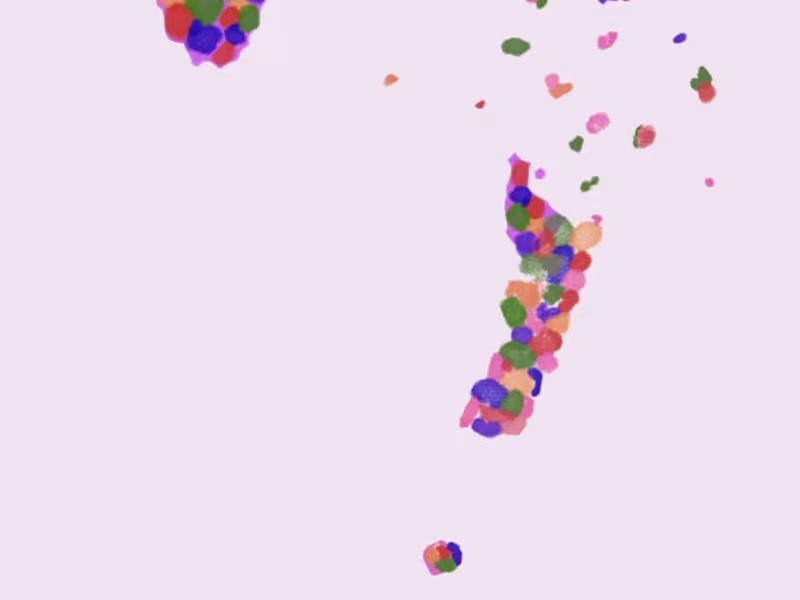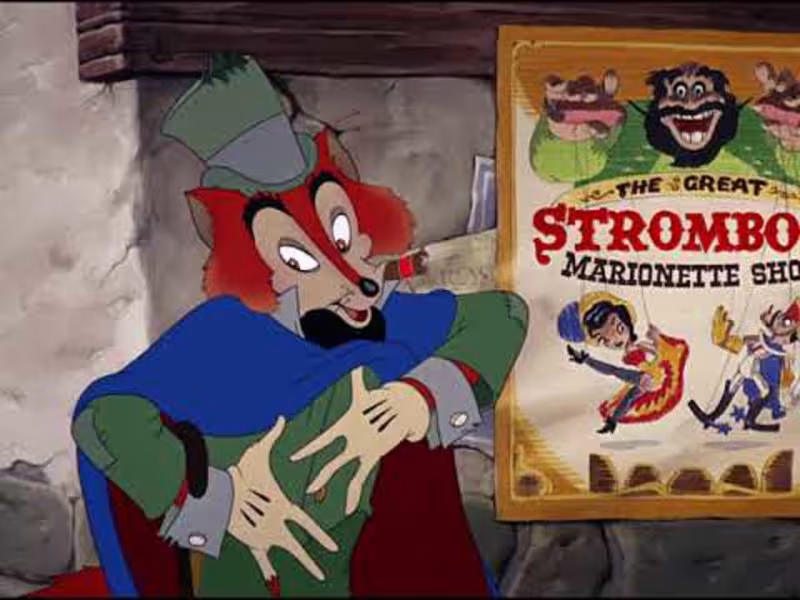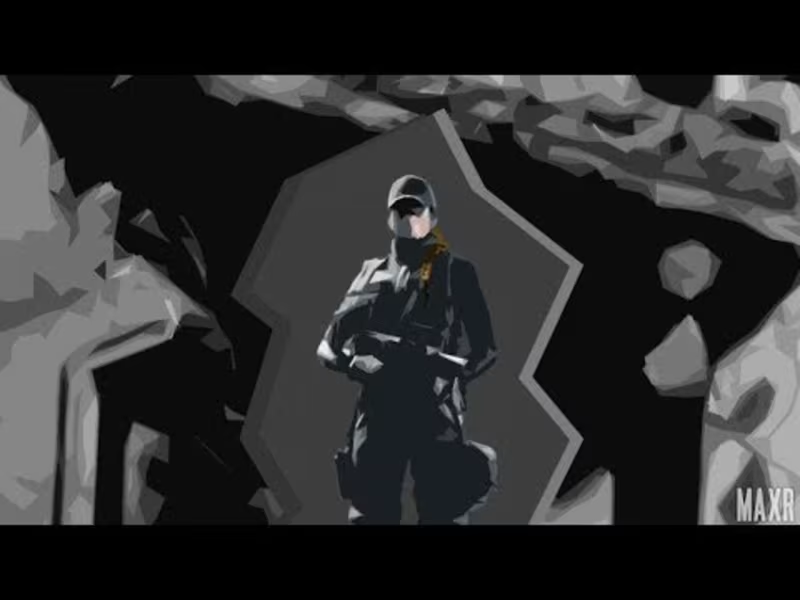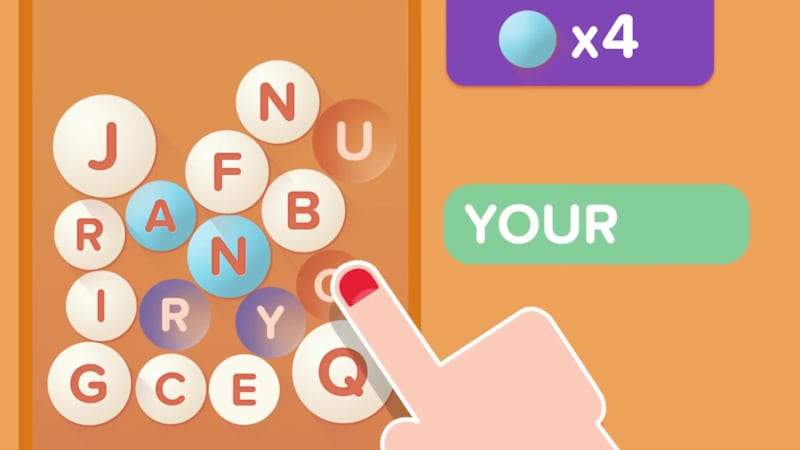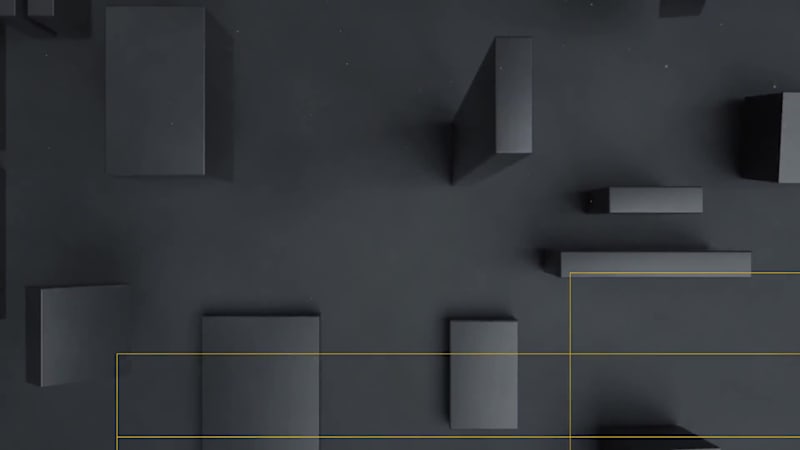What experience should the composer have with my type of project?
First, think about the style of music you need. If it's for a video game, ask if the composer has worked on similar games. If it's for a movie, see if they’ve done film scores before. Their past work can show if they understand your project's needs.
How should I share my project's vision with the composer?
It’s helpful to put your ideas in writing. Share any images, videos, or similar music that matches your vision. This gives the composer a clear idea of what you’re aiming for. Good communication helps set the right tone from the start.
What timeline should I set for this music project?
Think about when you need the music finished. Work backwards from that date to set deadlines. This includes time for drafts and revisions. Giving clear timelines helps keep the project on track.
How can I ensure the music aligns with my brand?
Think about your brand’s personality. Share any brand guidelines or key emotions you want in the music. This guidance helps the composer create something that fits your brand perfectly.
How can I evaluate a composer's demo work?
Listen for quality and style in their demos. See if their previous work matches your project’s mood. This gives you a sneak peek of what to expect for your project.
How often should I check in during the project?
Decide on check-in points before starting. These could be after key milestones in the project. Regular updates help catch any issues early and keep everything on track.
What should I include in the music brief?
A music brief should have key details. Include the project goals, music length, and any specific moods or instruments. A detailed brief gives the composer clear directions to follow.
How will I receive and review the final music?
Ask about the format of the final delivery. Will it be in WAV or MP3 files? Also, establish how you’ll review it. This way, there are no surprises when you get the final music.
What is the best way to agree on alterations?
Set a limit on the number of revisions before starting. Agree on how and when changes will be made. This helps both parties know what to expect if changes are needed.
What tools can help manage this project effectively?
Consider using project management tools to track progress. Shared folders or cloud services can keep files organized. These tools can make collaboration smoother and more efficient.
Who is Contra for?
Contra is designed for both freelancers (referred to as "independents") and clients. Freelancers can showcase their work, connect with clients, and manage projects commission-free. Clients can discover and hire top freelance talent for their projects.
What is the vision of Contra?
Contra aims to revolutionize the world of work by providing an all-in-one platform that empowers freelancers and clients to connect and collaborate seamlessly, eliminating traditional barriers and commission fees.





































